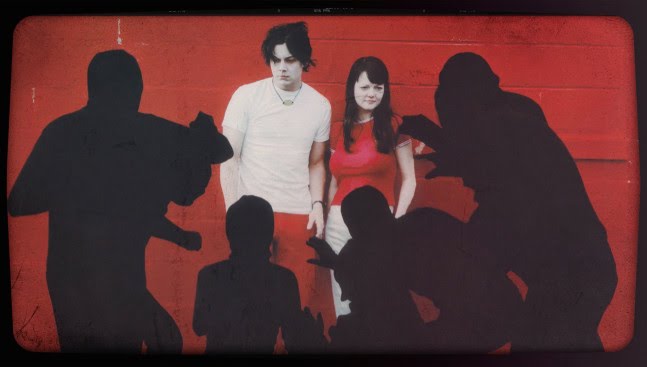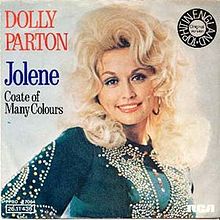
The White Stripes’ White Blood Cells is now 20 years old. How has it aged?
[This is a guest post by Gilles LeBlanc, an insanely big Stripes’ fan .- AC]
It doesn’t get the same glory as when grunge exploded onto the scene ten years earlier, or obviously when the British Invasion introduced North American teenagers to four moptops from Liverpool. The garage rock revival that unofficially kicked off in 2001, however, was one of the most fun eras in all of alternative music. Anything in my opinion couldn’t be worse than nü-metal, which is trying to make a return of its own post-pandemic.
The Strokes’ Is This It is the album probably most identified with the back-to-basics approach of guitars and drums, reminiscent of how the Ramones were seen as an antithesis to prolonged live solos at concerts in the ’70s and subgenres such as prog. Weezer was also getting praise for their Green Album comeback, but it was an underdog tag team punching out of a red-and-white corner of Southwest Detroit that arguably had the biggest impact of all.
Wikipedia has White Blood Cells by The White Stripes being released on July 3, 2001, via independent label Sympathy for the Record Industry. Third Man Records – the label Jack White founded that same year – took to celebrating its platinum anniversary on June 25th, 2021 with a remastered deluxe edition including a concert from Detroit’s Gold Dollar where he and “Big Sister” Meg White played the 16-song album in full.
It was The White Stripes’ last show at the Cass Corridor bar where they got their start, as White Blood Cells supercharged them to rock stardom fastest than a Detroit muscle car. Actually, success wasn’t that instantaneous for the formerly married couple. The album sold well by Sympathy for the Record Industry’s underground standards, but worldwide momentum really began to build when V2 Records picked up White Blood Cells and subsequently put it out again in 2002 to a substantially wider audience. That plus performing well over 100 shows at every venue imaginable outside the Motor City as well as across the pond, leaving tongues wagging everywhere they went at how such a minimalist band could sound so monstrous.
Radio stations’ ears perked up thanks to the under two-minute rager “Fell in Love with a Girl”. It was more punk than anything the other “The” bands were offering at the time (Strokes, Vines, Hives); White Blood Cells’ lasting strength is in the varied range of its other tracks, which Jack White continues to reinvent live as a solo artist. And will hopefully do as touring schedules get back to normal. “Dead Leaves and the Dirty Ground” is heavy in a slow-burning kind of way, “Hotel Yorba” is down-home country worthy of White Blood Cells’ dedication to Loretta Lynn, and “We’re Going to Be Friends” showcases a softer side that punctuates how the garage rock revival wasn’t just about screeching instruments speaking volumes.
Although there’s more than enough glorious distortion on this modern alt classic to give it a hindsight score of 11 out of 10.



